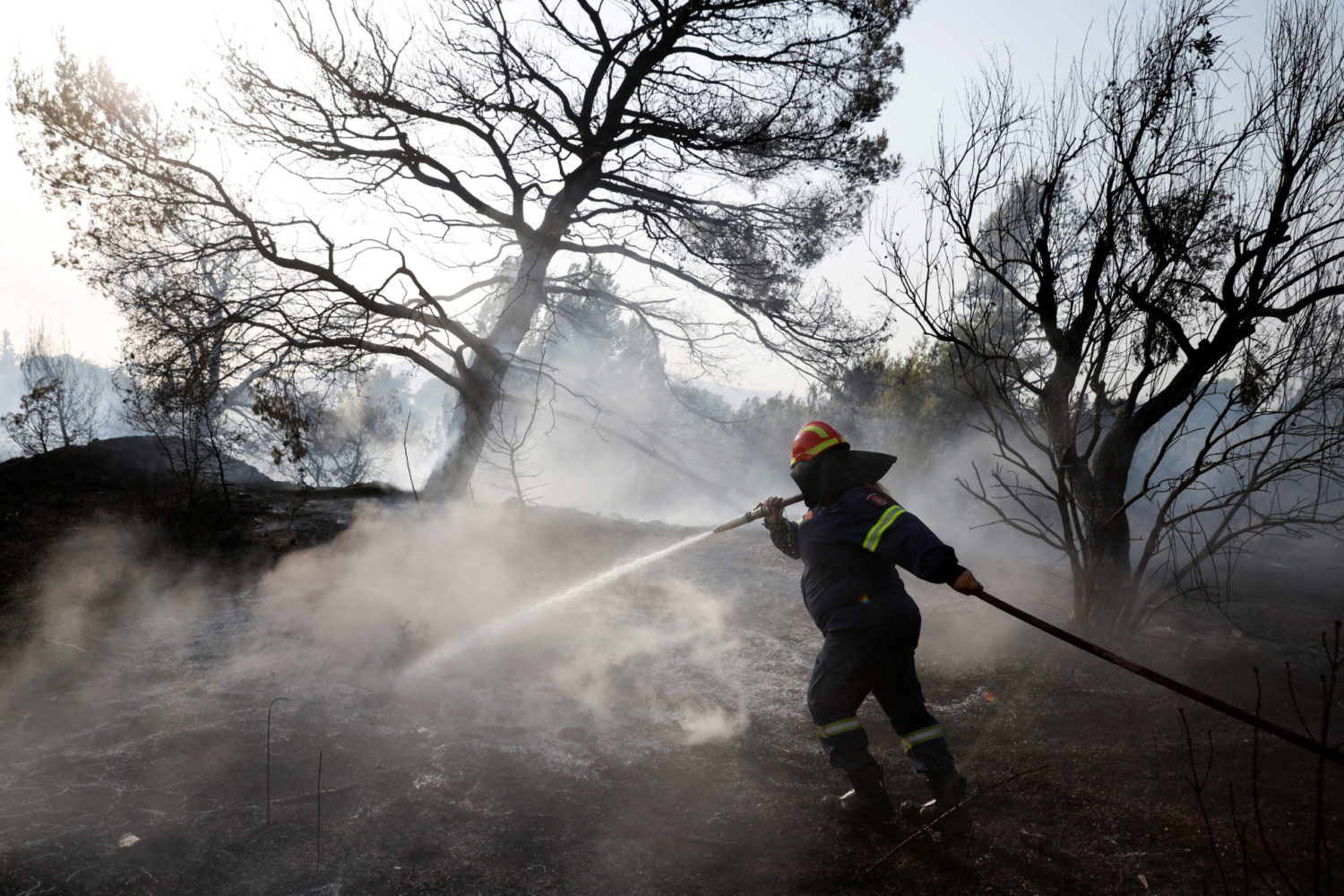
By Karolina Tagaris
ATHENS (Reuters) -Greece joined several other European countries on Thursday in imposing more restrictions on those unvaccinated against COVID-19 following a surge in infections in recent weeks.
From next Monday, unvaccinated people will be barred from indoor spaces including restaurants, cinemas, museums and gyms, even if they test negative for COVID-19, Prime Minister Kyriakos Mitsotakis.
In a televised address to the nation, Mitsotakis urged Greeks to “get vaccinated, get vaccinated, get vaccinated”.
Greece has so far fully vaccinated about 62% of its population of around 11 million. Authorities had hoped for a rate of about 70% by autumn.
“This is indeed a pandemic of the unvaccinated,” Mitsotakis said. “Greece is mourning unnecessary losses because it simply does not have the vaccination rates of other European countries.”
Austria, Germany, Slovakia and the Czech Republic all limited public life for the unvaccinated this week as infections rise across Europe.
Under the new rules in Greece, vaccination certificates of those over 60 will be valid for seven months after being issued, in an effort to encourage them to get a third, “booster” shot.
Worshippers attending church will be allowed to enter with a negative test, Mitsotakis said.
The number of new daily infections hit record highs in Greece this month, putting pressure on an already struggling health care system and forcing the government to order private sector doctors in five regions in northern Greece to assist public hospitals.
The requisition order, published in the official government gazette on Thursday, is effective for a month.
Greece reported 7,317 new infections and 63 deaths on Thursday. This brings total infections since the start of the pandemic to 861,117 and the total death toll to 17,075.
Earlier in November, the government had imposed some restrictions on unvaccinated citizens but had allowed them access to most services, provided they tested negative
(Reporting by Lefteris Papadimas, editing by Giles Elgood and Gareth Jones)











